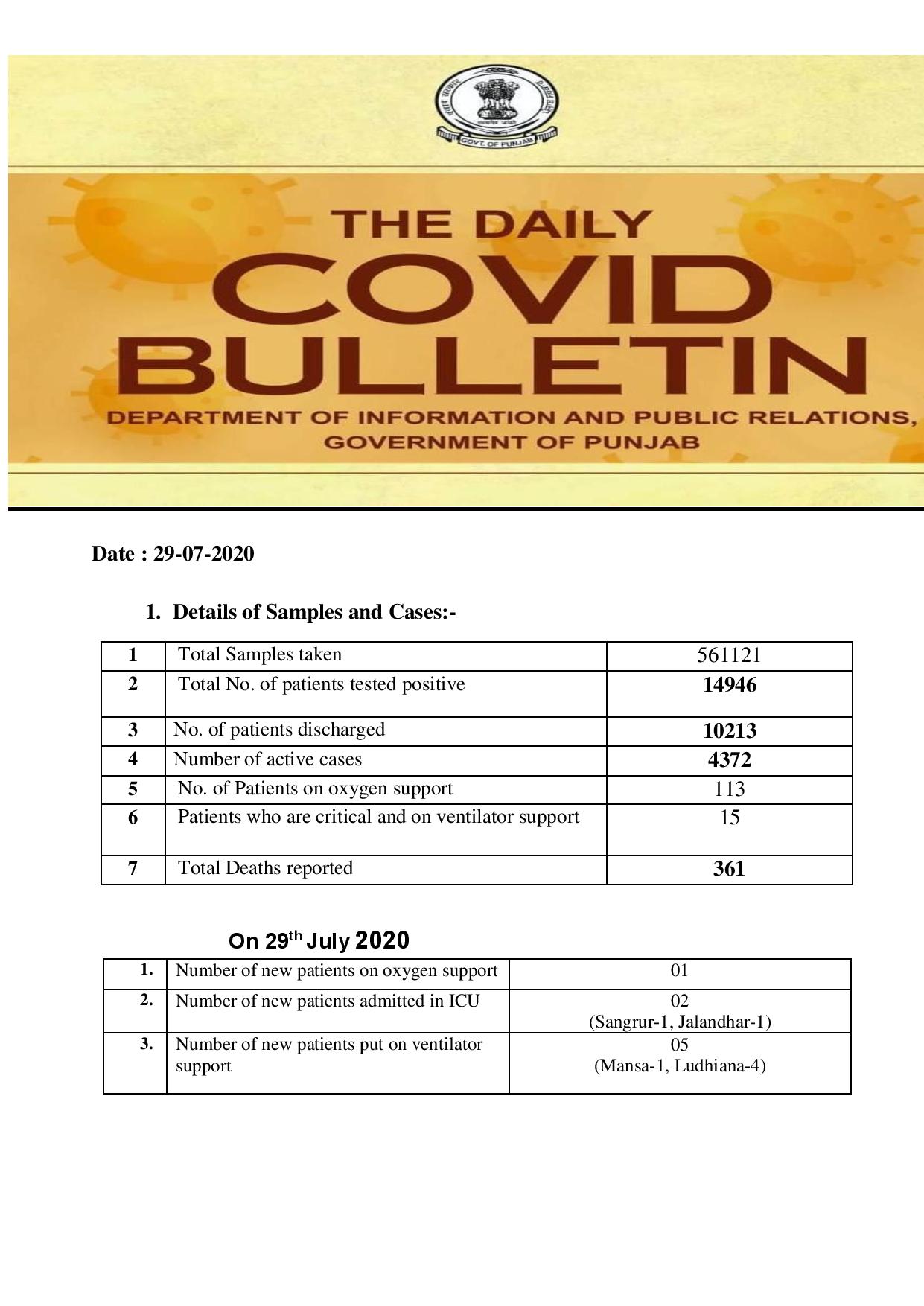Effects of social networking on teens-Counseling Psychologist
Harshpreet Kaur
Many parents worry about how exposure to technology might affect toddlers developmentally. We know our preschoolers are picking up new social and cognitive skills at a stunning pace, and we don’t want hours spent glued to an iPad to impede that. But adolescence is an equally important period of rapid development, and too few of us are paying attention to how our teenagers’ use of technology—much more intense and intimate than a 3-year-old playing with dad’s iPhone—is affecting them. In fact, experts worry that the social media and text messages that have become so integral to teenage life are promoting anxiety and lowering self-esteem.
Young people report that there might be good reason to worry. A survey conducted by the Royal Society for Public Health asked 14-24 year olds in the UK how social media platforms impacted their health and wellbeing. The survey results found that Snapchat, Facebook, Twitter and Instagram all led to increased feelings of depression, anxiety, poor body image and loneliness.
It should come as no surprise that the pressure to be available 24/7 on social media is a very real challenge for today’s teenagers. Aside from the fact that their grasp of and dependence on social media far exceeds that of many adults, they also are using social media at much greater rates too. In fact, a report by Common Sense Media found that 75 percent of American teenagers have social media profiles. Social media is a daily part of life for the vast majority of teens.
It seems like the Internet just came out of nowhere and changed everything, including childhood. Whether this change has been for the better or worse depends on how you look at it.
PROS
Allows you to keep in touch with people
From time to time, we wonder about friends we’ve met along the way and what they’re doing now. Social media is a great way to maintain those connections. Name-search features allow us to reconnect with long-lost friends and network with people we want to get to know better.
Socialization even for the most introverted among us
Through social networking, you have a way to make new friends even if you are the most introverted person on the planet. The gift of relative anonymity on social networking sites allows you to connect with others at deeper levels without being afraid of exposing your true identity.
Speeds up communication
Through social networking websites, you can communicate faster and more easily. You can reach out to those who are asking for help and can share your thoughts and opinions in discussions in a matter of seconds.
CONS
Privacy: Young children are more likely to post personal information than older kids, and they do not fully understand the possible severity and consequences of posting inappropriate photographs or videos.
Stranger danger: we’ve all heard the “stranger danger” saying, but the fact of the matter is that children are of then threatened by people who are actually familiar to them. That said, the internet makes it quite easy for social networking perpetrators to pose as other people, or to leave anonymous messages.
It’s permanent: Anything a child says or does online will leave trace. Chances are years from now, a potential employer or college will be able to do a search on your child and find his/her profile page.
Cyber-stalking: Something as innocent as posting a photograph can reveal a lot of information about your child including what their home looks like, what they attend, or information about their friends. Cyber-stalking and social networking predators may even approach your child online and use seducing techniques to lure them into meeting face to face.
Brain changes: Lady Susan Greenfield, a neuroscientist and professor of synaptic pharmacology at Lincoln College, Oxford, and director of the Royal Institution, has argued that children who use social networking sites may experience a lack of attention span, a need for immediacy for stimulation, and a “shaky sense of identity”. Then again, this is the same argument that naysayers made about the impact television and entertainment over the past few decades.
Parental Responsibilities
- Don’t assume the worst about your child, but protect them from ignorance and foolishness
- Limit how much time they spend online and on mobile devices. For mobile phones, check the bill for a complete log of all texts and phone calls (including to whom, how often and at what time).
- Follow/friend/subscribe to your kids’ online personas and follow passively to allow them self-expression.
- Check who they follow/friend and let the child know you have final approval for this group of influencers.
- Make a rule for family members not to delete any history or logs because they are to be spot-checked You can password protect this on both Macs and PC’s.
- Use your calendar reminders to regularly check-in on your kids accounts, review their history/logs and the amount of mobile time
- Have each person come up with a unique, hard-to-break Keep a master record of all passwords and go check on their activity regularly.
Harshpreet Kaur -Counseling Psychologist
Registered Behavior Technician (RBT)













